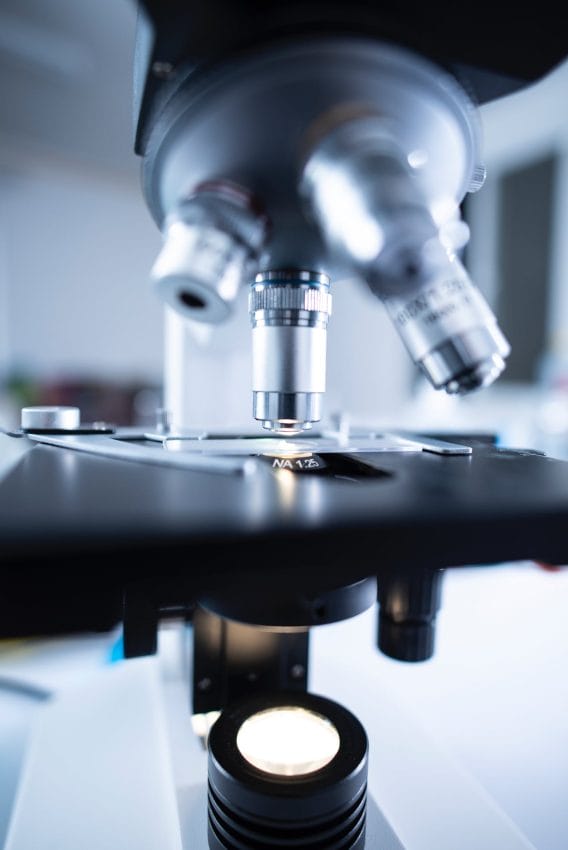Smart Technology Developments In Cardiac Health
A groundbreaking research revealed that two new gene-editing treatments can help patients with genetic predisposition to high cholesterol. Raised cholesterol levels affect 39% of adults worldwide, a condition that can increase the risk of cardiovascular diseases. Unfortunately, heart diseases are the leading cause of mortality globally claiming over 17 million lives each year according to the World Health Organization (WHO). Therefore, control of cholesterol can help reduce the risk of contracting cardiovascular problems. Smart technology has also been increasingly integrated into healthcare to monitor and manage various aspects of heart health including cholesterol levels. For patients with genetic predisposition to raised cholesterol levels, gene therapy technology can reduce the risk by targeting genes that contribute to the rise in cholesterol levels.
Cholesterol and Drugs
Cholesterol is a critical component of cell membranes and is essential to normal functioning of the body. Unluckily, imbalances in cholesterol levels particularly high levels of low-density lipoproteins (LDL) cholesterol can contribute to the development of atherosclerosis (buildup of fatty deposits ) that may lead to cardiovascular issues. Hence, it is vital to maintain healthy levels of cholesterol to avert medical problems. Individuals must work with their healthcare providers to monitor cholesterol levels, assess cardiovascular risk, and make informed decisions about lifestyle modifications and if necessary, medical interventions.
Breakthroughs made it possible to introduce several classes of drugs that are commonly used to manage elevated cholesterol levels especially if lifestyle changes are not sufficient. For example, statins work by inhibiting an enzyme that produces cholesterol in the liver. Another class of drugs is ezetimibe which works by preventing the absorption of cholesterol in the small intestine. PCSK9 inhibitors, on the other hand, target PCSK9, a protein that regulates the number of LDL receptors on the surface of liver cells. By constraining PCSK9, the number of receptors available to remove LDL cholesterol from the blood is increased.
Gene Therapy
However, there are also people whose genetic makeup is already predisposed towards high cholesterol levels. While powerful drugs and lifestyle changes can assist in managing the condition, patients with a genetic predisposition stand to benefit from two gene-editing treatments in a groundbreaking research. Verve Therapeutics of Boston uses a gene-editing method that targets the PCSK9 gene. Like a permanent eraser, it removes the ability of the gene to increase cholesterol levels according to the company’s CEO Dr. Sekar Kathiresan. It is envisaged as a single-course therapy to lower bad cholesterol. Patients who have familial hypercholesterolemia or those with high cholesterol levels from birth can benefit from the therapy.
The second gene-editing treatment can become the first treatment for high levels of lipoprotein(a). Patients with high levels of this type of cholesterol are at an extreme risk of clogging their arteries because Lp(a) attaches to LDL cholesterol making the particles stickier and likely to create plaque. Alas, the condition is genetic so diet and exercise will not help at all. Lepodisiran, the medication developed by Cleveland Clinic’s Vascular & Thoracic Institute, targets mRNA shutting down the production of Lp(a). Lead study author Dr. Steve Nissen reported that a single shot of the medication reduced Lp(a) levels by more than 94% for nearly 12 months. In the future, the med could be used as an annual shot like yearly vaccines, says Nissen.
Gene therapy can eliminate high cholesterol levels by focusing on the genetic factors that contribute to the condition. These 2 therapies are possible treatments to reduce the cardiovascular risk among individuals with genetic predisposition to high cholesterol levels.



